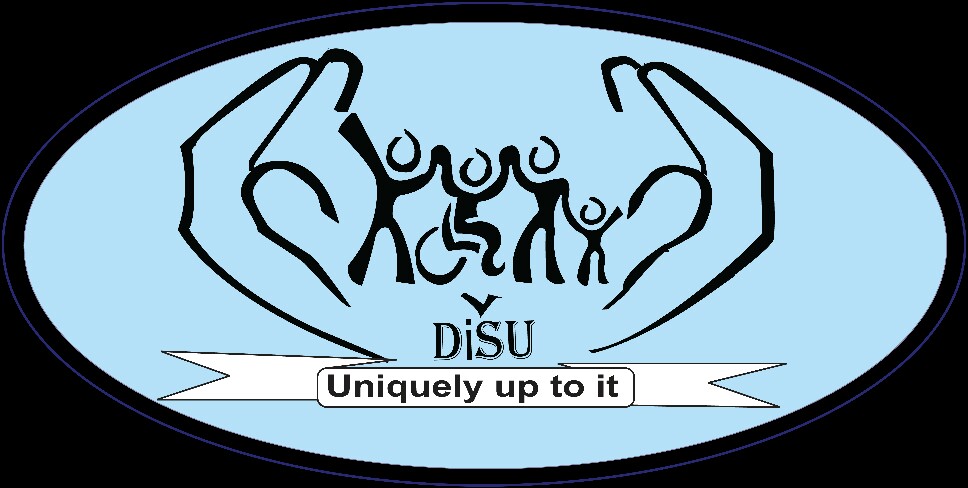The United Nations Convention on the Rights of Persons With Disabilities (CRPD) forms the foundation of disability rights laws in Uganda and is the model for the Persons With Disabilities Act (PWDA) 2006. The CRPD underlines and recognizes that persons with disabilities (PWDs) are entitled to all the human rights enunciated in the The Universal Declaration of Human Rights. If you are a PWD the rights in the CRPD are your rights, if you do not have a disability it is your duty to uphold and promote these rights.
Article 20 of the CRPD says PWDs have the right to mobility with the greatest possible independence, through:
- Facilitating personal mobility at a time of their choice at a reasonable price.
- Facilitating access to quality mobility equipment and assistance at an affordable cost.
- Providing training in mobility skills for PWDs and specialist staff.
- Encouraging whoever makes mobility equipment and assistive technology to take all aspects of mobility of PWDs into account.
- Prosthetics.
- Orthotics.
- Crutches.
- Sticks.
- Walking frames.
- Wheelchairs.
- Tricycles.
Despite their importance, surveys report considerable unmet needs for these devices, often due to a lack of financial resources.For PWDs mobility equipment can be vital for integration and bringing about rights. Once again we can see that all the rights in the CRPD are all interrelated. This 2017 news article about supplying mobility equipment to PWDs, Uganda: Promoting Mobility for People With Disabilities, illustrates the importance of good mobility equipment for children to access the community:
Naomi Ayot, the human rights promotion programme manager at ACODEV (Action for Community Development), says some of the children have always wanted to attain the right to education while others have been neglected but with the wheelchairs, they will be less of a burden to the parents.If you are a PWD you have the right to access cheap high quality mobility equipment.
"These mobility devices are very vital in their lives because they will be able to move around, play or even go to school since some of the children dropped out due to mobility issues," Ayot says. This also reduces the workload and burden their caretaker has to bear. We, however, make sure that the devices given are not a risk to the children getting more injuries while using them."
A team of Ugandan researchers and their Canadian counterparts are revolutionizing orthopedics in Uganda by applying 3D scanning and 3D printing technology to help produce affordable prosthetic for amputees. These free 3D printed limbs have seen people flocking in from all over Africa, but not just because of its price tag. Unlike the traditional methods which could take weeks, the inexpensive and easily accessible limbs can be ready in just 24 hours.
This is written in Article 20 of the CRPD in the following way:
Article 20
Personal mobility
States Parties shall take effective measures to ensure personal mobility with the greatest possible independence for persons with disabilities, including by:
(a) Facilitating the personal mobility of persons with disabilities in the manner and at the time of their choice, and at affordable cost;(b) Facilitating access by persons with disabilities to quality mobility aids, devices, assistive technologies and forms of live assistance and intermediaries, including by making them available at affordable cost;(c) Providing training in mobility skills to persons with disabilities and to specialist staff working with persons with disabilities;(d) Encouraging entities that produce mobility aids, devices and assistive technologies to take into account all aspects of mobility for persons with disabilities.










